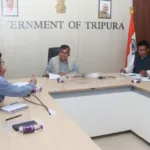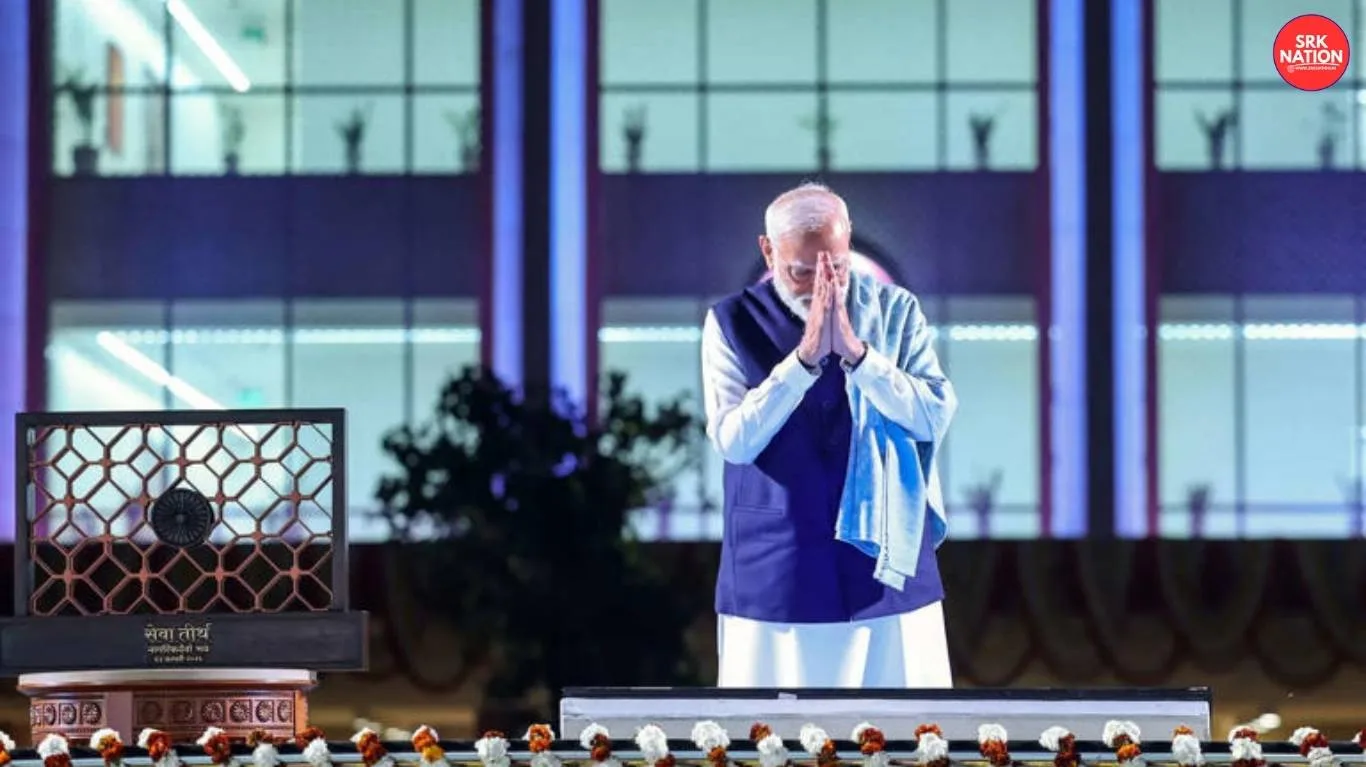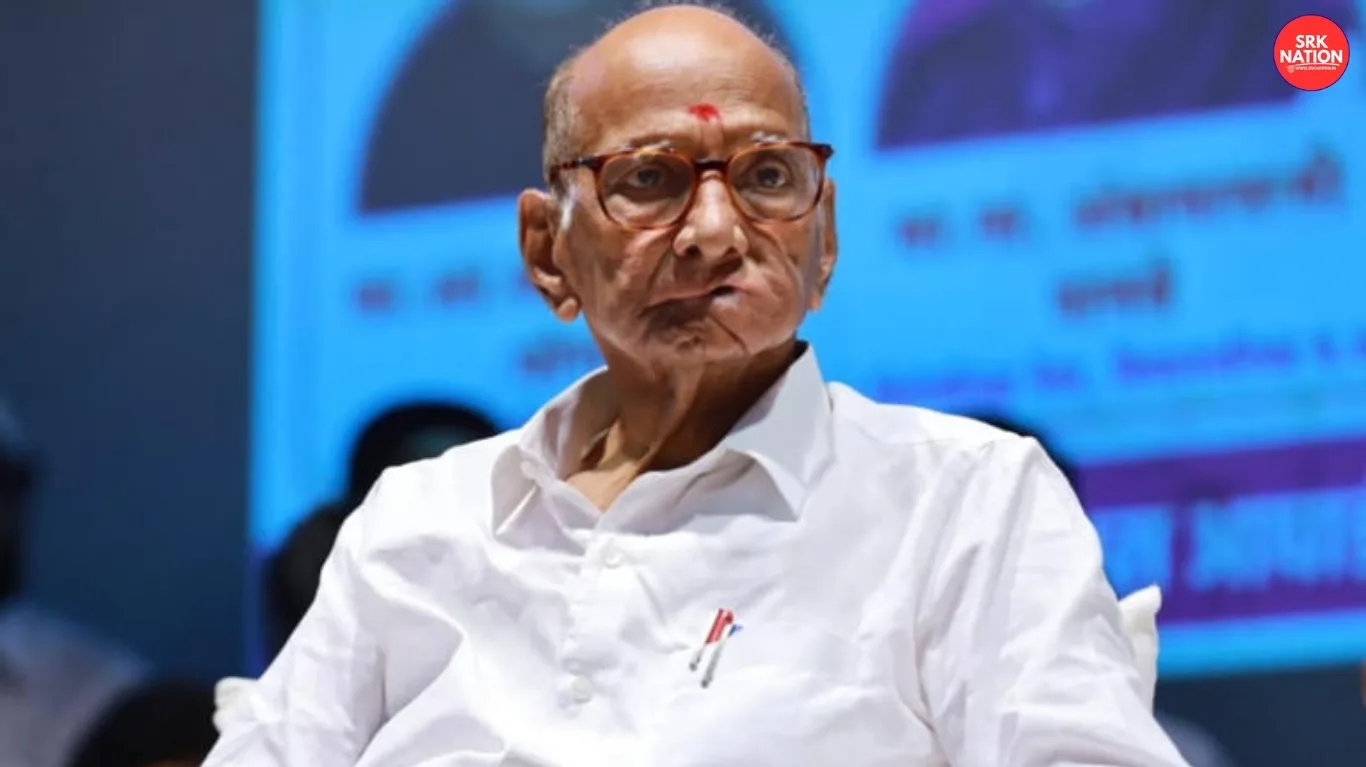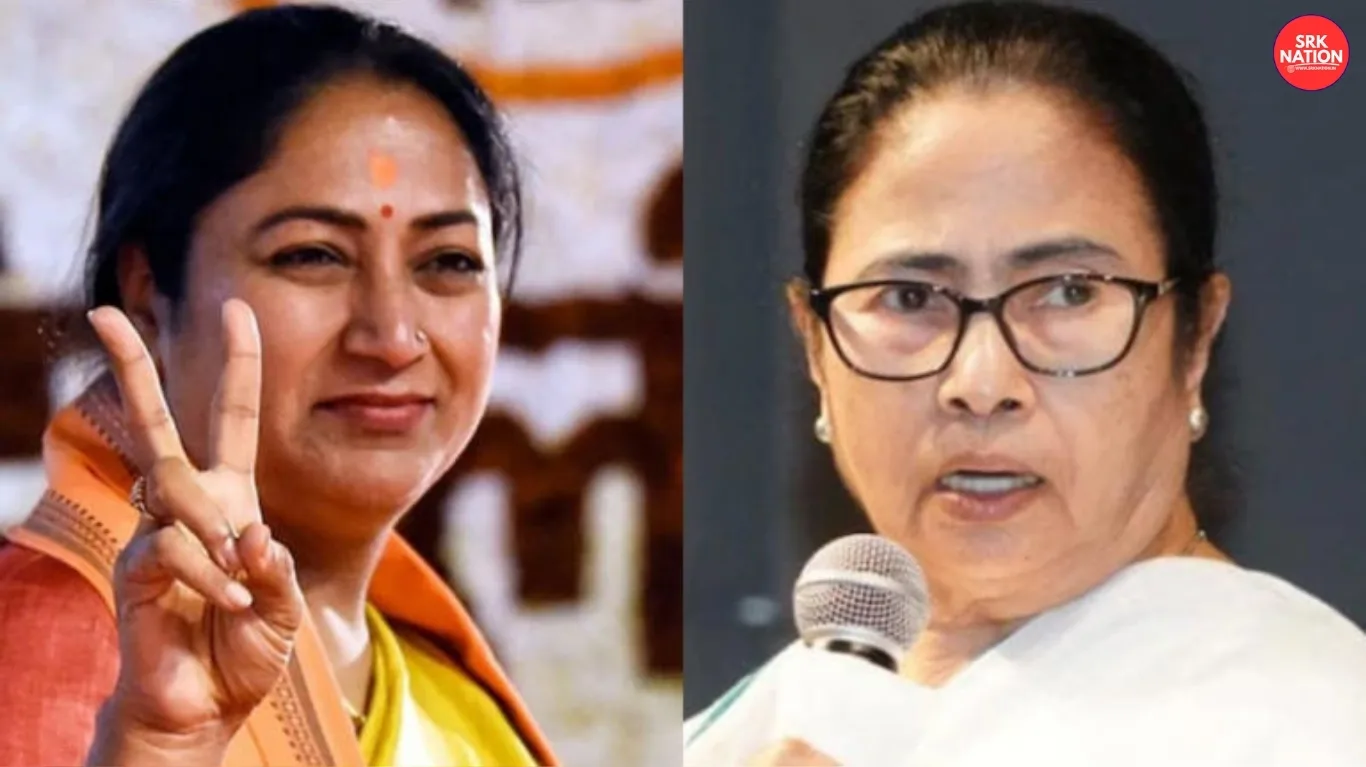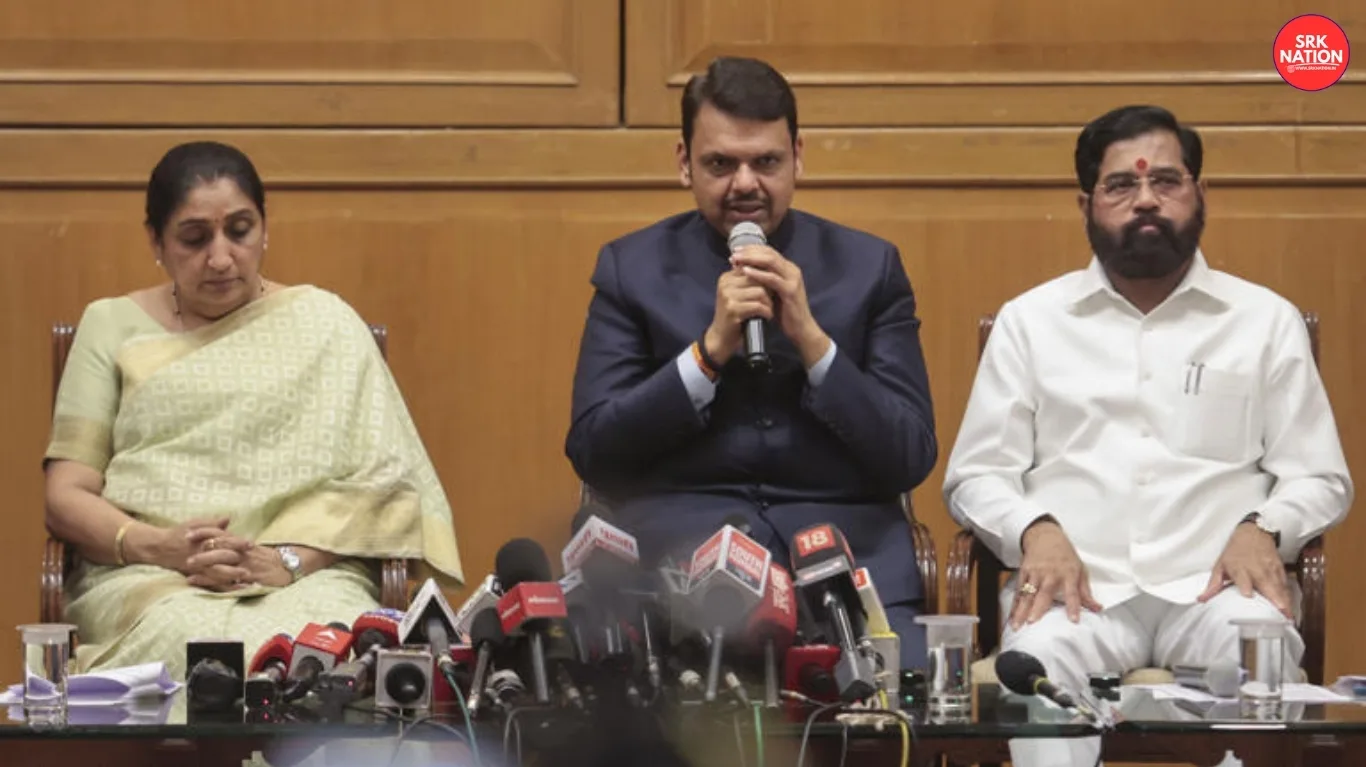A growing controversy has emerged around the Seventh Day Adventist School, as parents have begun demanding official proof of the institution’s recognition status. Concerns have been raised about whether the school is properly affiliated with educational boards and authorized by government authorities to operate. This issue has sparked intense debate among parents, education activists, and regulatory bodies, highlighting the importance of transparency in school accreditation.
The demand for clarity comes at a time when parents are increasingly vigilant about the legitimacy of private schools, especially those charging high fees while promising quality education. The Seventh Day Adventist School, known for its religious affiliation and emphasis on holistic education, now finds itself under scrutiny as parents seek documented evidence of recognition.
📊 Key Highlights
- Parent Concerns: Families demand proof of recognition and accreditation of Seventh Day Adventist School.
- Transparency Issues: Questions raised about affiliation with recognized boards such as CBSE, ICSE, or state boards.
- Regulatory Oversight: Authorities expected to verify compliance with education laws.
- Public Debate: Sparks wider discussion on accountability of private schools.
- Future Outlook: Calls for reforms in school accreditation and disclosure practices.
🔎 Background of the Controversy
The Seventh Day Adventist School has long been associated with providing faith-based education alongside mainstream academics. However, parents now question whether the school has the necessary recognition to issue valid certificates.
- Recognition Status: Parents allege lack of clarity on whether the school is affiliated with CBSE, ICSE, or state boards.
- Legal Requirement: Schools must obtain recognition from state education departments or national boards to operate legally.
- Parental Demands: Families insist on transparency to ensure their children’s certificates are valid for higher education.
- School Response: The institution has yet to provide detailed documentation to address concerns.
📉 Comparative Snapshot of Recognition Issues in Schools
| Year | School/Institution | Issue Raised | Outcome |
|---|---|---|---|
| 2018 | Private School in Delhi | Operated without CBSE affiliation | Shut down by authorities |
| 2020 | School in Maharashtra | Misrepresented ICSE recognition | Fined and forced to comply |
| 2023 | Faith-based School in Kerala | Parents questioned recognition status | Investigation launched |
| 2025 | Seventh Day Adventist School | Parents demand proof of recognition | Awaiting official clarification |
🔄 Parents’ Concerns vs School’s Position
| Factor | Parents’ Concerns | School’s Position |
|---|---|---|
| Recognition | Demand proof of affiliation | Claims compliance but lacks transparency |
| Certificates | Fear of invalid certificates for higher studies | Assures validity without documentation |
| Fees | High fees questioned without proof of recognition | Justifies fees based on facilities |
| Accountability | Call for government intervention | Requests trust from parents |
🚀 Impact of the Controversy
The issue has significant implications for students, parents, and the education system:
- Student Future: Valid recognition is essential for admission into higher education institutions.
- Parental Trust: Lack of transparency erodes confidence in the school.
- Regulatory Oversight: Authorities may intensify inspections of private schools.
- Sectoral Reform: Could lead to stricter rules on disclosure of recognition status.
💬 Expert Commentary
Education experts have weighed in on the controversy:
- “Parents have every right to demand proof of recognition. Transparency is non-negotiable,” said an education activist.
- “Faith-based schools must balance religious values with compliance to national education standards,” noted a policy analyst.
- “This controversy could set a precedent for greater accountability in private education,” added a legal expert.
🌍 Broader Context
The Seventh Day Adventist School case reflects a larger issue in India’s education sector:
- Private School Boom: Rapid growth of private institutions has raised concerns about regulation.
- Recognition Gaps: Many schools operate without proper affiliation, risking students’ futures.
- Government Role: State and central authorities must enforce compliance more strictly.
- Global Parallels: Similar controversies have emerged in other countries with faith-based schools.
📊 Public Sentiment Analysis
| Group | Reaction |
|---|---|
| Parents | Demand transparency and proof of recognition |
| Students | Concerned about validity of certificates |
| Regulators | Expected to investigate and enforce compliance |
| General Public | Debate over accountability of private schools |
📊 Key Issues Identified in Recognition Controversy
| Issue | Description |
|---|---|
| Lack of Documentation | Parents allege school has not provided proof of recognition |
| Certificate Validity | Fear that students’ certificates may not be accepted by universities |
| Fee Justification | High fees questioned without clear accreditation |
| Regulatory Oversight | Authorities urged to investigate and enforce compliance |
| Transparency Gap | School accused of failing to disclose recognition status |
📝 Conclusion
The demand by parents for proof of recognition of the Seventh Day Adventist School underscores the urgent need for transparency and accountability in India’s education sector. While the school insists on compliance, the lack of documented evidence has fueled distrust and anxiety among families.
For students, recognition is not just a legal requirement but a gateway to future opportunities in higher education. For parents, it is a matter of trust and assurance. For regulators, the controversy highlights the importance of strict enforcement of education laws.
As the debate continues, the case may serve as a catalyst for reforms, ensuring that all schools—faith-based or otherwise—are held accountable for their recognition status. The outcome will determine not only the credibility of the Seventh Day Adventist School but also the future of education governance in India.
⚠️ Disclaimer
This article is for informational purposes only and is based on publicly available education updates. It does not constitute legal or policy advice. Readers are encouraged to follow official communications from education authorities for the latest updates.


